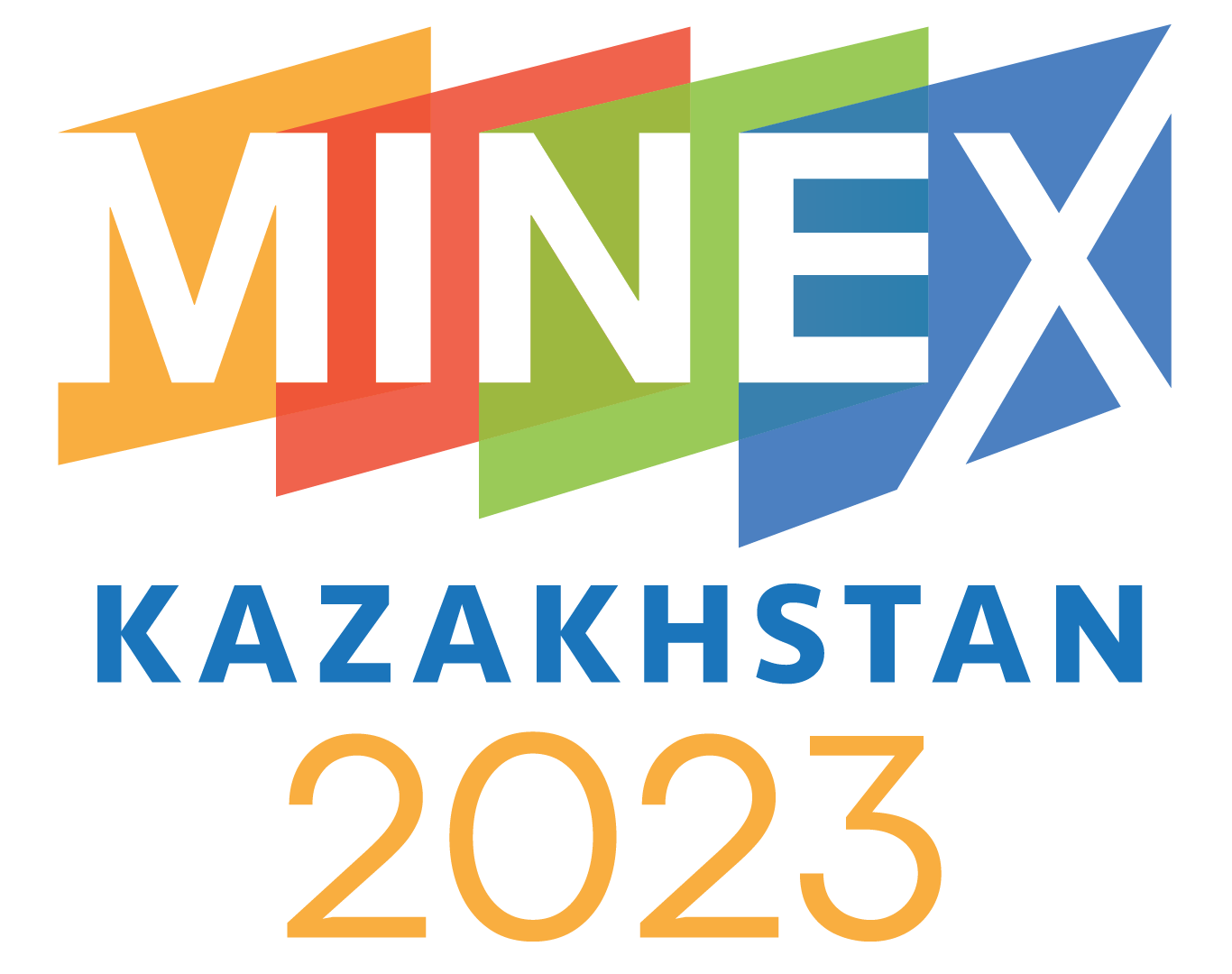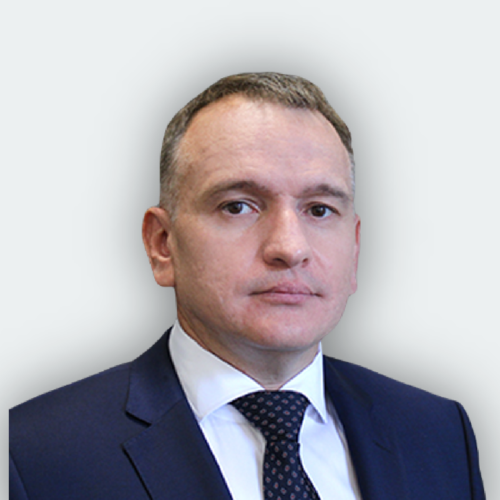Agenda – 19 April (Materials)
Large foreign businesses contribute a third of all taxes in Kazakhstan. In 2021, tax revenues to the state budget increased by 25%, with the extractive industries experiencing the highest growth due to rising prices in global commodity markets. However, despite an inflow of 11.7% foreign investment in the mining industry in 2022, growth in the sector decreased.
- Overview of Kazakhstan’s place in global mineral resource production. Current trends, challenges, and opportunities
- Analysis of production and economic indicators in the mining industry of Kazakhstan for 2022.
- Discussion of priorities and strategies to ensure growth and attract investment in the sector.
- Examination of new approaches and practices in the management of subsoil use in Kazakhstan.
- Analysis of recent amendments to the Code of the Republic of Kazakhstan “On Subsoil and Subsoil Use”.
- Discussion of changes in the taxation of the mining sector in Kazakhstan.
- Examination of programs for socio-economic development in areas with a high concentration of mining production.
- Opportunities for new market development and the creation of new industries in the manufacturing sector in Kazakhstan.

09:30 - Investment opportunities of the Republic of Kazakhstan, including the Mining and Metallurgical Complex

09:45 - Keynote

10:00 - Key challenges in creating a favorable business climate in the mining industry in Kazakhstan

10:15 - Subsoil development as a driver of economic growth in Kazakhstan
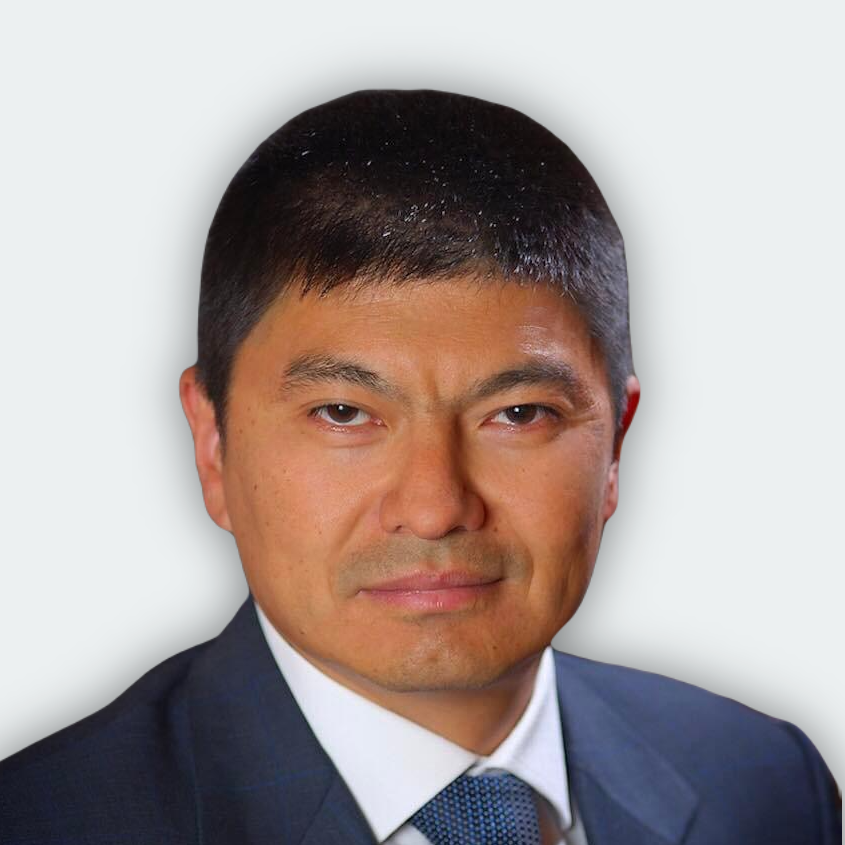
10:30 - Rare Earth Elements – opportunity or risk?

10:45 - Development of geological exploration in Kazakhstan in the context of global energy transition

Kazakhstan is among the top ten leading countries in the world in terms of confirmed reserves of most types of minerals. To increase the competitiveness of the Mining and Metals sector in the coming years, measures will be taken to replenish the mineral resource base, simplify and automate business processes on a single platform of subsoil users, and deepen the processing of base metals to finished products.
- The National Program for the intensification of the state geological study of priority minerals.
- Plans of the National Geological Survey to reduce investment risks and carry out work at an early stage.
- Utilize new tools to attract investment in geological exploration.
- New incentive for investment in geological exploration.
- Increasing the economic attractiveness of mineral deposits offered to investors.
- Completion of the transition to international reporting standards for resources and reserves of metals and minerals.
- Creation of a “transparent” information system to simplify investors’ access to geological information.
- Protection of the rights of geological discoverers and simplifying the transition to the production phase.
- State-initiated audit of subsoil use licenses aimed at creating transparent and fair market conditions for investors.
- Introduction of space monitoring of the activities of subsoil users.

11:40 - Concept of geological industry development
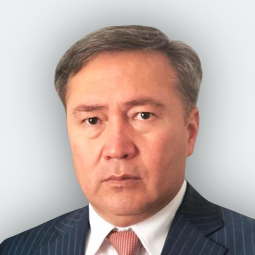
11:50 - The National Geological Survey of Kazakhstan

12:00 - Single platform for subsoil users minerals.gov.kz

12:15 - Benefits of Transitioning to the new Mining Code

12:30 - Transition to KAZRC standards - expectations and risks

12:40 - About some legal risks of geological exploration in Kazakhstan and ways to solve them

12:50 - Junior mining companies in Kazakhstan

- Geological and structural mapping as the basis for forecasting and searching mineral deposits.
- Geological and structural mapping and complex structural analysis (field, laboratory, auxiliary methods);
- Automated lineament analysis of space images – an effective method for predicting potential ore-bearing structures;
- Multispectral analysis of satellite images – applied possibilities of the technique;
- Exploration of geological and structural models for selecting the best areas for prospecting for ore deposits (geological targeting);
- Analog tectonophysical modelling for the purposes of structural analysis and prediction of ore traps;
- Lack of structural analysis as a cause of erroneous geological models and unreliable forecast, incorrect assessment of forecast resources and reserves

11:45 - Geological and structural mapping as the basis for forecasting and searching mineral deposits

The mining and processing industries in Kazakhstan are facing the challenge of depletion of reserves due to intensive mining. With only a small portion of the ores and metals mined in Kazakhstan being processed, diversifying production is essential for long-term economic and social progress. The combination of foreign investment and advanced technology will play a significant role in this success. In 2023, 149 investment projects are planned to be put in place, with the most notable projects focusing on the modernisation of mining production and the implementation of integrated socio-economic development programs in mining cities and regions.
- Experience and strategies of large mining companies in the development of economically valuable reserves of metals and minerals.
- New requirements for the provision of raw materials to processing industries in Kazakhstan.
- Improving the efficiency of geological study of the subsoil and replenishing the mineral resource base.
- Prospects for the development of junior mining projects to enhance the reproduction of mineral resources.
- Current practices of financing junior projects.
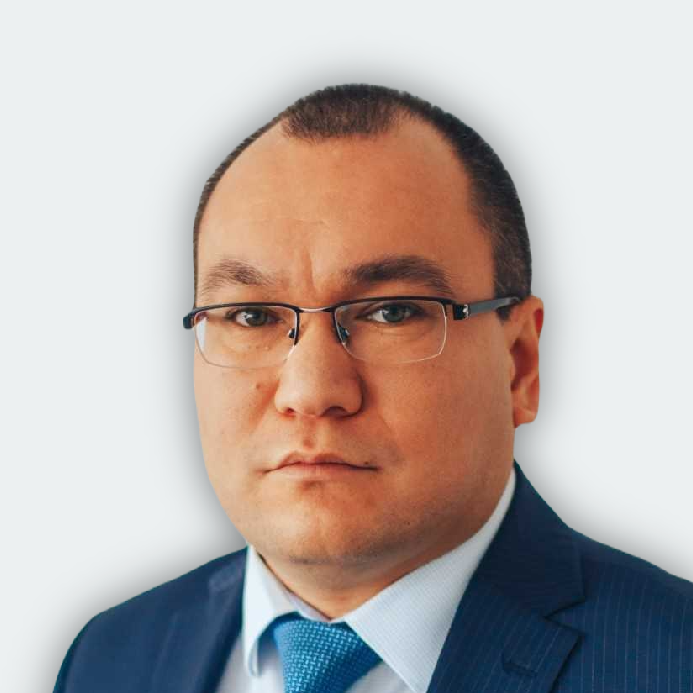
14:10 - Alternative tools for investing in Kazakhstan's developing mining industry
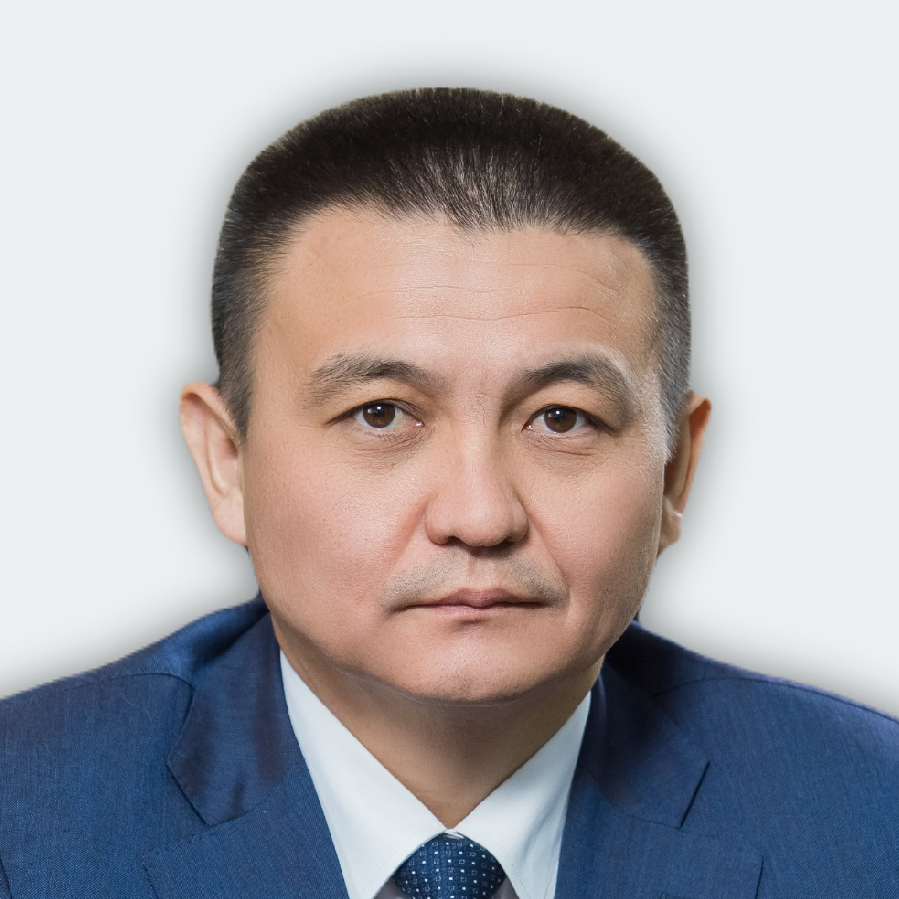
14:20 - Improving the operational efficiency of companies and ensuring a high level of profitability

14:30 - Expert and technical council of FBU "GKZ" as a scientific and analytical foundation for attracting investments in promising geological objects
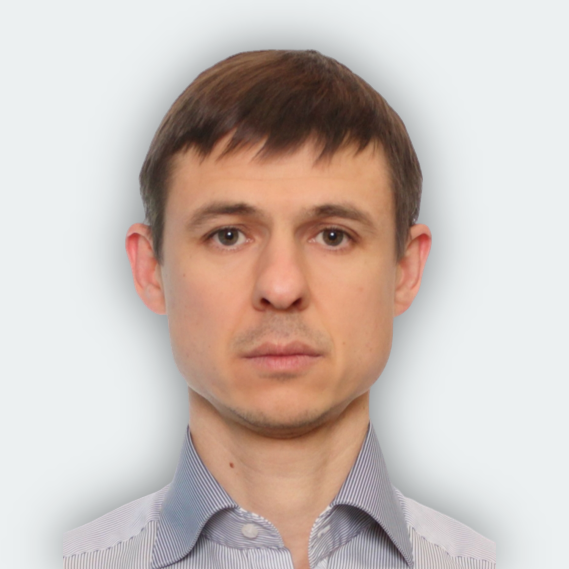
14:40 - Conceptual approaches to the development of the Mineral Resource Base and M&A projects

14:50 - Airborne geophysics: from searching for water to discovering mineral deposits.

15:00 - The Changing Exploration Drilling Market in Central Asia: Trends and Changes

15:15 - Intensive training of mining equipment operators on high-tech modular simulators

Main Topics:
• Where is it? Deciphering Soviet coordinates
• What is it? Translating soviet metal assemblages into minerals systems based metallogenic models in order to identify the optimal exploration tools
• What does the geology map tell me? How to compare and translate Soviet into western geological conventions and terminology
• How much do I need to spend, and how to get the best value out of this expenditure? Typical first-year minimal exploration expenditure requirements, and an overview of ground geology, geochemistry and geophysics should be completed prior to planning drilling.
• What if I don’t have an experienced field team? Overview of remote sensing surveys (spectral and geophysical) that can be conducted in the first year to fulfill expenditure requirements and position oneself better for drilling.
• What do I need to prepare prior to drilling to comply with international exploration best practices? Introduction to geochemical QA-QC, types and sources of CRM.
• Can I bring in more rigs to speed up a discovery? The advantages of drilling less yet more intelligent and efficient metres, and what is required to get the best value out of drilling campaigns in Kazakhstan.
Who should attend:
This master class was designed to provide key information and insight to new and seasoned Kazakhstan exploration geologists and investors.

14:30 - I got my exploration license....What next?

15:00 - I got my exploration license....What next?

Critical materials – chromium, copper, germanium, lithium and others – are essential building blocks for renewable energy technologies such as solar panels, wind turbines and batteries. In terms of potential in mining and exporting critical raw materials, Kazakhstan ranks fourth worldwide, while in aluminium it is among the top 10. Stimulated by global demand for international investment and technologies, Kazakhstan is poised to become a strategic supplier of battery metals and other critical materials to the Global markets.
- The new role of Kazakhstan in the EU “Green Deal” as a new strategic supplier of strategic raw materials and green hydrogen.
- Prospects for the discovery of new deposits of strategic metals and minerals in Kazakhstan.
- The potential for the development of large-scale production of cobalt, nickel, lithium, and other metals for the “green economy”.
- Modernisation and Development of the Mining and Metallurgical Industry in Kazakhstan: New opportunities, incentives, and challenges.
- Green Production and Energy: Development of environmentally friendly processes.
- Resource Efficiency: Maximizing material use while increasing ore and metal extraction.

16:15 - Global Demand for Critical Metals and Kazakhstan’s Potential for Exploration

16:30 - Drivers of Project Development in a Commodity deficient world

16:45 - Sustainable Copper Production Assuring Value for All Stakeholders

17:00 - Central Asia is a Missing Link in Analyses of Critical Materials for the Global Clean Energy Transition

17:15 - Review of Kazakhstan's strategy for developing the country's metals processing industry compared to Uzbekistan

The business track is held in a specialised area which is open to both forum participants and exhibition visitors. At the business track venue, companies and Forum participants can present their technologies, cases and products.

16:15 - Comprehensive airborne geophysical technologies of a new generation

16:25 - Aurora Geophysics technologies and approaches

16:35 - Modern Methods of Remote Sensing Materials Analysis Application in Geological Targeting

16:45 - Cross-hole radio imaging method with the FARA system

16:55 - Inflatable packers for hydrogeological works in boreholes

17:05 - Modern geophysical equipment and its use in geological exploration mineral deposits

